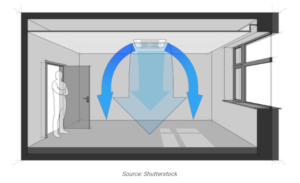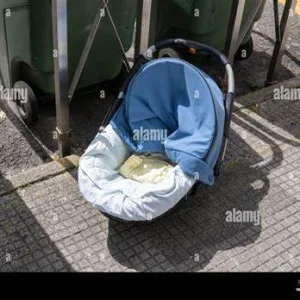Managing summer heat efficiently while keeping electric bills in check and minimizing environmental impact can be challenging but achievable with a few strategic steps. Here’s how you can strike a balance:
1. Unclog the Air Conditioner:
Regularly clean the air conditioner’s vents and piping to ensure unobstructed airflow. This can be done yourself or by hiring a professional. Clean systems run more efficiently, saving energy and money.
2. Call an Air Conditioner Professional:
Have a professional inspect your air conditioning system. They can detect and fix issues like poor airflow, faulty pipes, or wiring, ensuring the system runs optimally.
3. Keep a Consistent Temperature:
Maintain a steady temperature throughout the day. This prevents the air conditioner from overworking during peak heat times and helps maintain comfort.

4. Increase the Temperature:
Setting the thermostat around 70 degrees instead of lower temperatures can decrease energy usage by about 20%, benefiting both the environment and your energy bill.
5. Turn Off the Air Conditioner:
Use the air conditioner only when necessary. Open windows during cooler nights and turn off the unit when no one is home. If you’re traveling, set the temperature higher to avoid excessive energy use while protecting your belongings.
6. Note the Time of Day:
Use less energy during the afternoon when temperatures peak and energy demand is highest. Spend afternoons at cooler places like lakes, rivers, or community pools, and reduce air conditioner use during these times.
7. Close Windows:
After cooling the house at night with open windows, close them during the day to keep out the heat.
8. Close Blinds:
Keep blinds closed to minimize sunlight and reduce the workload on your air conditioner.
9. Use a Ceiling Fan with the Air Conditioner:
Ceiling fans help circulate cool air, reducing the need for the air conditioner to run continuously.
10. Cook with Care:
Plan meals that require minimal oven use. Opt for microwaves, slow cookers, or no-cook meals to avoid heating the house.
11. Ventilate and Insulate:
Ensure proper insulation by sealing cracks, using weatherstripping, and insulating attics and basements. Proper ventilation and insulation keep cool air in and hot air out.

12. Consider a Smart Thermostat:
Invest in a smart thermostat. Although initially costly, they save energy by automatically adjusting temperatures based on your schedule, ensuring efficiency.
By implementing these strategies, you can stay cool and comfortable during summer while being mindful of your energy consumption and its impact on the environment.





